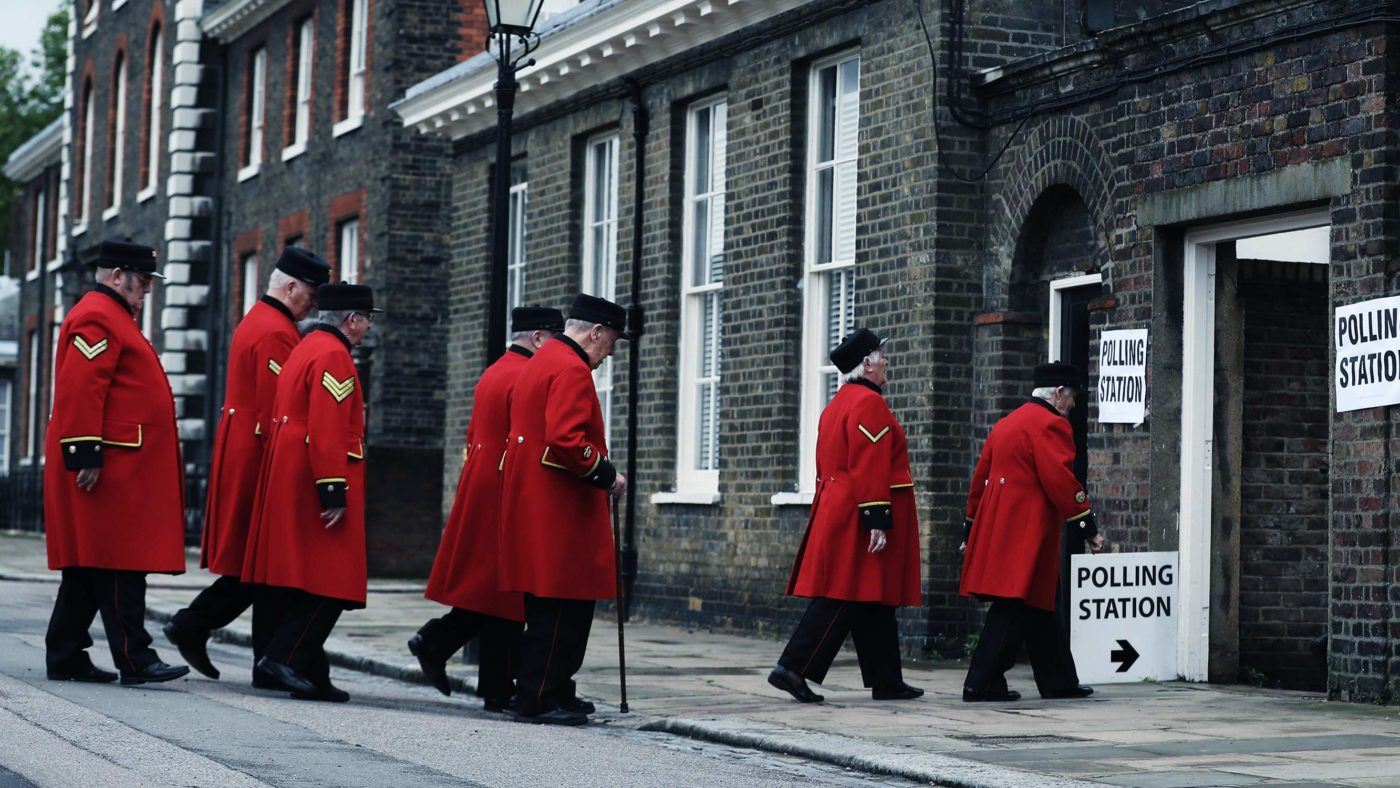If there is a golden rule of British politics, it is to suck up to the elderly.
The lesson of the Brexit referendum – indeed, of pretty much every election, local and national – is that older people are overwhelmingly the most important constituency, because they are overwhelmingly the most likely to vote.
That is why, even as working-age benefits have been chiselled away in recent years, OAPs still enjoy gold-plated pensions, free bus passes and the like.
So important is this rule that even the Labour Party obeys it. When they won control of their party, Jeremy Corbyn and John McDonnell spoke the language of generational warfare. They would get a fair deal for those younger voters denied good homes and good jobs.
It was idealistic, but electorally suicidal. Pretty soon, McDonnell was reinventing himself as the pensioners’ friend, in particular by promising to retain the “triple lock” on the state pension even as the work and pensions committee was branding it “unfair and unsustainable”. (Daniel Mahoney explained why on CapX a few months ago.)
Earlier this week, Theresa May stunned Westminster by announcing a snap election. Over the last few days, I’ve been canvassing the views of Westminster’s centre-Right think tanks on what they think should be in the Tory manifesto that’s now being hastily drawn up – and what shouldn’t.
We’ll publish the results on Monday, but one striking finding was that when I asked which policy or policies the Tories should drop, every single one of the experts mentioned the triple lock.
Good policy, however, does not always make for good politics. This, indeed, is one of the long-term trends that most worries observers of government. The elderly are not only more electorally powerful, but ever more numerous (thanks to astonishing advances in longevity).
Many people fear that the result will be gerontocracy: government of, by and for the elderly, who will load an ever larger burden on those of working age to pay for their care homes and hospital beds.
Yet the story of the triple lock (actually a Lib Dem idea before its incorporation into the Coalition Agreement) suggests that this may not be an entirely uncontested process.
Introduced in 2010, the triple lock rapidly went – like so many other state handouts – from being seen as a welcome perk to a timeless right. A new poll by Old Mutual Wealth claims that more than a third of over-55s would be less likely to vote Conservative if it comes under threat.
Yet Theresa May is – for the moment – refusing to commit to it (much to McDonnell’s theatrical dismay).
Now, you could argue that this is only possible because of quite how crushingly superior May is to Corbyn as a candidate. She leads him among voters in every region, of every class, of every age. And among elderly voters, that lead becomes downright ridiculous: in the latest YouGov poll, May has the support of 78 per cent of over-65s, and Corbyn just 5 per cent.
But still. If the PM sticks to her guns over the triple lock, it will be one small sign that modern politics is not just about telling voters what they want to hear – that there is still a space for bad ideas to be argued down.
And while it will hardly tilt the unfair balance between generations, it will at least show that it isn’t entirely fixed.
This article is taken from CapX’s Weekly Briefing email. Subscribe here.


